New Faculty Series
News Center is posting profiles of tenured and tenure-track professors who have recently joined the University. The following schools' profiles have been published:
The School of Economic, Political and Policy Sciences (EPPS) at UT Dallas hired five tenure-track faculty members last semester.
The recent hires join the public policy and political economy program and the public affairs and sociology program. The new faculty members bring expertise in such areas as environmental policy, public finance, racial identity, education governance and international political economy.
Dr. Denis Dean, dean of EPPS, said the school takes an interdisciplinary approach. Oftentimes, research spans between two or more of the school’s six administrative programs.
“Most of the subjects we address in EPPS don’t fit into nice, neat, little compartments,” Dean said. “For example, we have excellent programs in economics and political science, but no one would deny that economics affects politics, and vice versa.
“Given this, we always strive to find new faculty that not only excel in their own fields, but also span the gaps between our programs. Our new faculty fit this bill perfectly.”
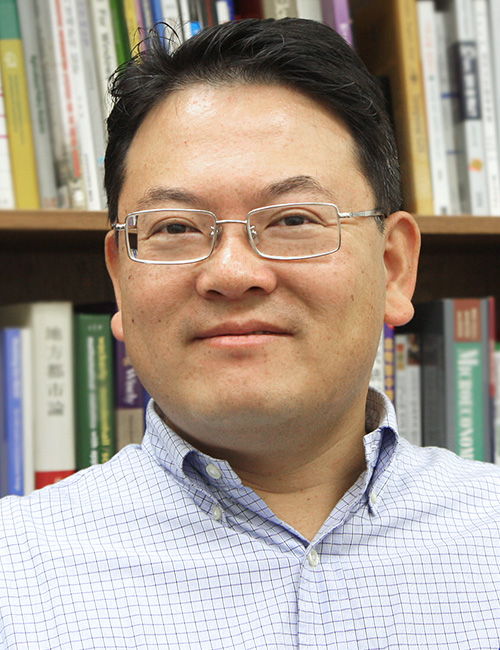
Dr. Dohyeong Kim, associate professor of public policy, political economy and geospatial information sciences
Previously: Associate professor, Department of Public Administration, North Carolina Central University
Research interests: Public policy and planning with an emphasis on health and environmental policy analysis
“Environmental issues and health issues are really intertwined with each other. Some people study environmental issues mainly for protecting and maintaining environmental quality, but in my concern, I mostly focus on how the environment affects human health.”
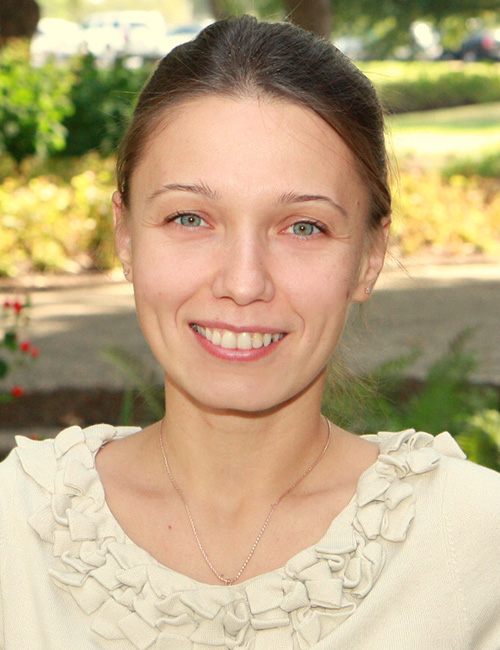
Dr. Evgenia Gorina, assistant professor of public affairs
Previously: PhD candidate, Arizona State University
Research interests: Public finance, public economics, quantitative research methodology
“There is a pronounced drive in the [public finance] field to get more accurate data, better data and data that are collected more regularly. This is a part of research that makes me very excited about the future. I know there will be many new research opportunities given all the pressures of transparency and accountability that apply to local, state and federal governments.”
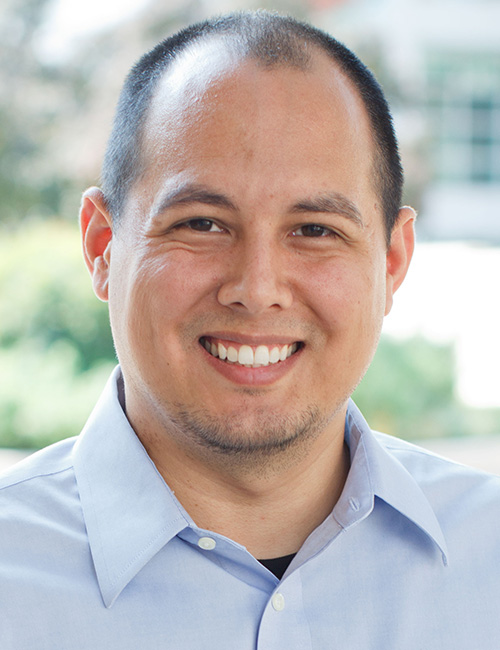
Dr. James R. Harrington, assistant professor of public affairs
Previously: PhD candidate, University of Missouri
Research interests: Performance data usage in the public sector, accountability reforms, policy evaluation, education governance
“We’re collecting all this data, yet we don’t know how much of it managers actually use, or the factors that influence them to use it more. We want managers to use the information to improve their strategies and their performance.”
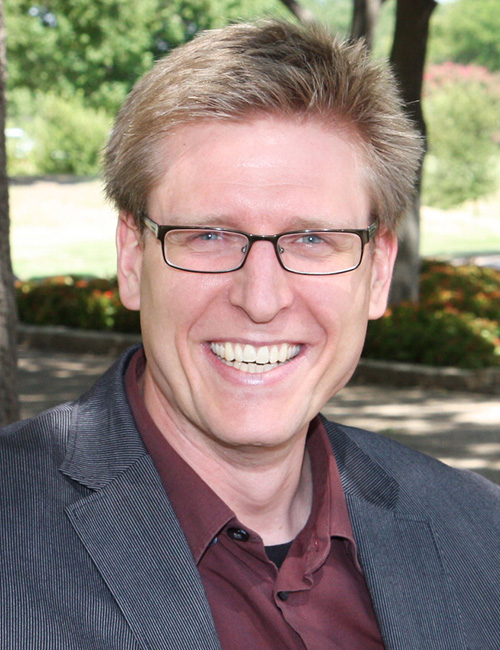
Dr. Jonas Bunte, assistant professor of public policy and political economy
Previously: PhD candidate at the University of Minnesota, adjunct instructor at the University of Bayreuth
Research interests: Political economy of finance, loans from the BRIC countries (Brazil, Russia, India and China), the effect of natural resources on the economy
“My research speaks to the question of whether particular types of capital are good for the recipient countries. For example, will Chinese loans to developing countries promote economic development? Similarly, how do political dynamics shape the effect of income from natural resources on the economy?”
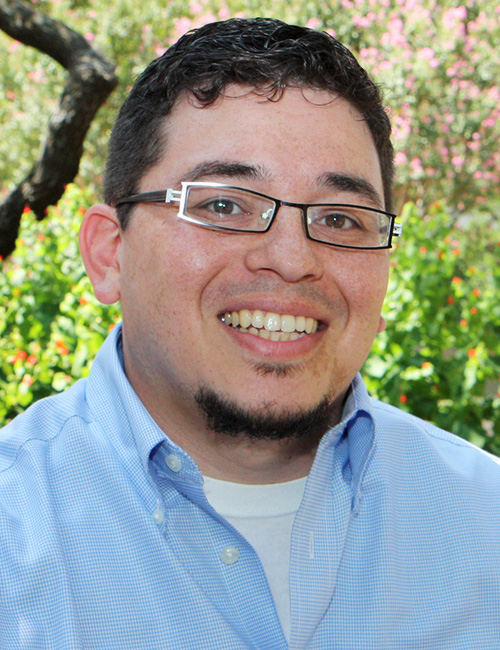
Dr. Nicholas Vargas, assistant professor of sociology
Previously: PhD candidate, Purdue University
Research interests: Race and ethnicity, network diversity, religious disaffiliation
“A significant portion of people in the U.S. self-identify in ways that do not match up with how they are perceived. As researchers, we need to consider more than personal racial identity — we need to look at whether such identities are commonly confirmed or contested by others in social interaction.”